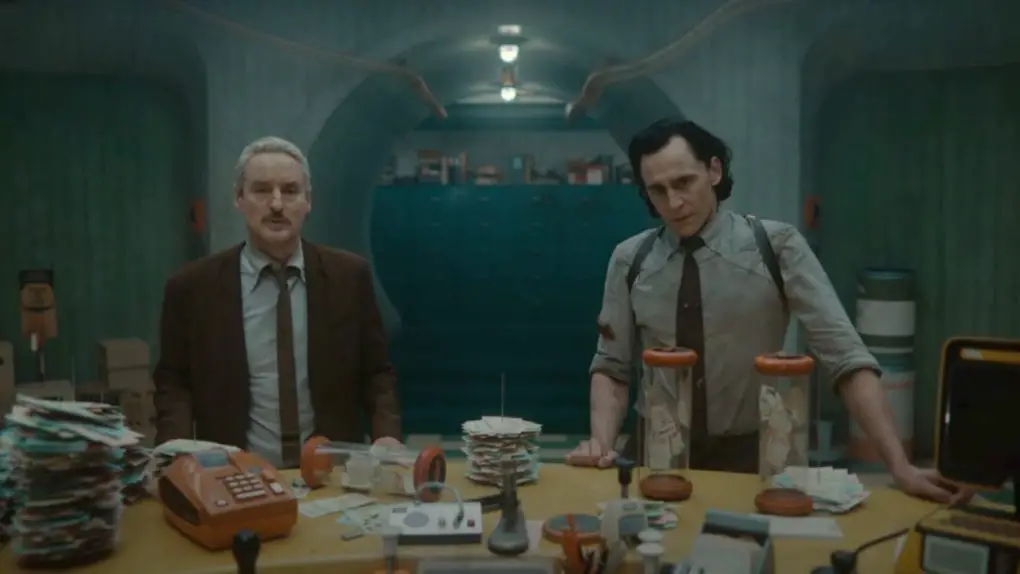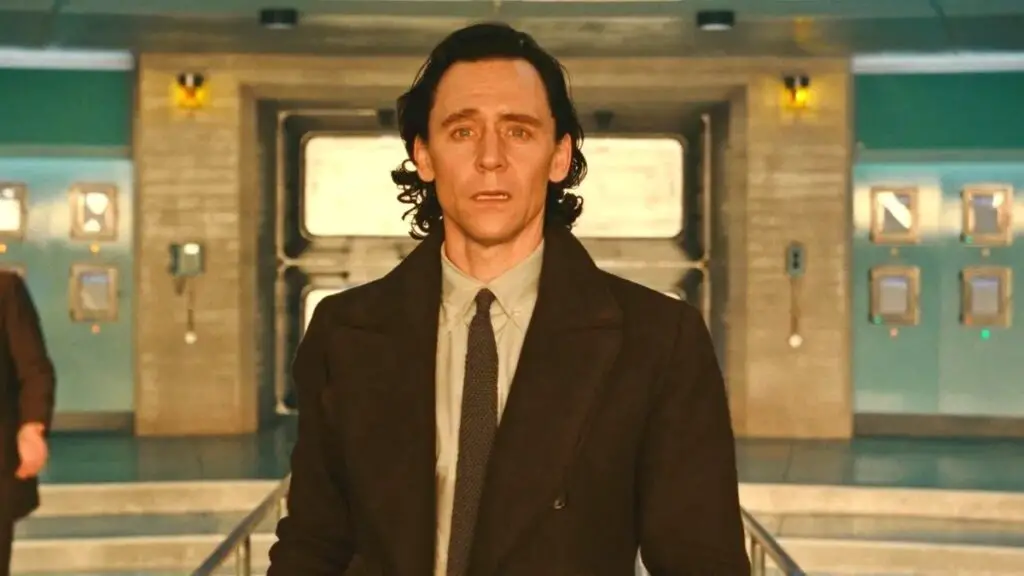Loki, introduced in the Marvel Cinematic Universe (MCU) as a charming, cunning villain, has undergone a significant transformation over the years. His journey from a villain to an antihero is marked by a series of betrayals, deceptions, and a constant quest for recognition and power. This quest led him down a dark path, causing suffering to many, especially those close to him.
The pivotal moment in Loki’s life was learning about his Frost Giant heritage, which he initially used to fuel his darker ambitions like usurping the throne of Asgard in nefarious ways. However, this revelation also contributed to his more noble actions later on, such as saving the Asgardians from Hela. Loki’s ability to deceive without taking lives, as seen during his rule in Asgard, and his cunning use of magic demonstrate his evolution from a straightforward antagonist to a more complex character.
Loki’s adaptability is another remarkable trait. After his defeat in “Thor” and subsequent adventures, including his imprisonment and eventual rule over Asgard, he demonstrated an uncanny ability to adapt and manipulate circumstances in his favor, regardless of the environment. This aspect of his character shows a shift from self-centered motivations to more strategic, long-term thinking, as seen in his schemes on Sakaar and his rule over Asgard.
The Beyonder: A Comparative Analysis with Loki’s Trajectory in the MCU

The Beyonder, a character from Marvel Comics, is known for his omnipotence and ability to manipulate reality. Originally the supreme being of another reality, he was drawn into the Marvel Multiverse and became fascinated with the concept of desire, which he lacked. This led to the events of the “Secret Wars,” where he pitted superheroes and supervillains against each other to understand the nature of good and evil.
The Beyonder’s transition from a mere observer to an active participant in human struggles marked a significant development in his character. He created a physical form to interact with and understand humans, signifying a deeper curiosity about human nature. Eventually, it was revealed that the Beyonder was a product of a failed Cosmic Cube, leading him to merge with Molecule Man, evolving into a mature Cosmic Cube.
Comparing Loki and the Beyonder, we see parallels in their evolution. Both characters transitioned from observers to active participants in their respective universes. Loki’s journey from a mischievous villain to a more nuanced character mirrors the Beyonder’s evolution from a supreme being to a more human-like entity. While Loki seeks recognition and power, the Beyonder’s quest revolves around understanding and experiencing human desire and emotion.
In summary, while Loki and the Beyonder are distinct in their origins and motivations, their journeys in their respective universes exhibit similar patterns of evolution. Loki’s transformation in the MCU shows a trajectory that could be seen as paralleling the Beyonder’s own development in the Marvel Comics. This raises the intriguing question: is Loki becoming the MCU’s version of the Beyonder? The comparison, while not exact, certainly provides a fascinating perspective on the evolution of these two complex characters.


